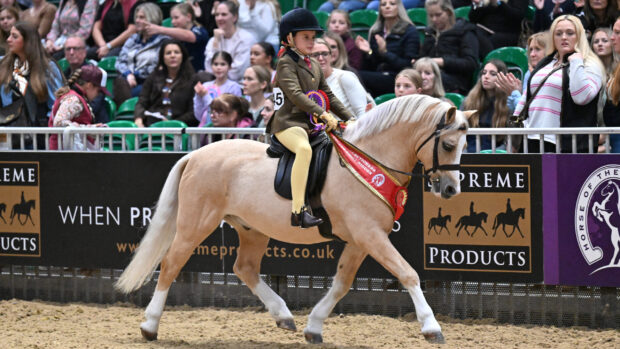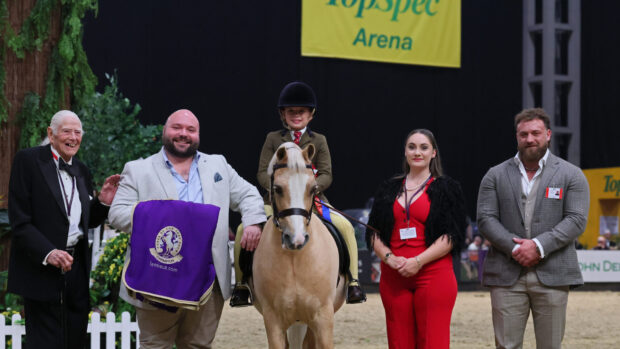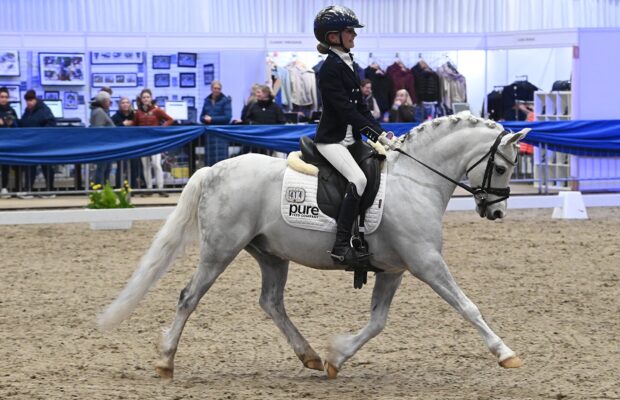One-month-old Vgonk will hardly win any beauty contest but he is nonetheless a media celebrity. He is the gangliest of four foals to have born this spring to a herd of wild horses in Wicken Fen, Cambridgeshire. It is the first time the horses have bred in the wild since they were brought to the reserve four years ago.
Set up in May 1899 by the National Trust, Wicken Fen is one of Britain’s oldest nature reserves. Since 2001, it has been home to a herd of Konik ponies, which were introduced to help manage the fenland by grazing and trampling.
Konik means “small horse” in their native Poland and presumably refers to the fact that these primitive horses rarely stand taller than 13hh. As hardy as they are small, these wetland horses come from the Polish farmland east of the San river and descend from the tarpan, a pre-historic wild horse that roamed Britain and Europe since before the last Ice Age. The last tarpan died in Russia in 1879 but the Wicken Fen Koniks share some of its genes and many of its features, such as a mouse dun coat and dorsal stripes.
The reasons that led the National Trust to introduce the Koniks to Wicken, however, are a lot more prosaic than this romantic link with a long-extinct horse that roamed Britain long-before the Romans came.
“Koniks are primitive breed and you want animals who are able to cope on their own if you are going for hands-off extensive grazing,” explains Carol Laidlaw, a reserve warden at Wicken Fen.
“Also, the ponies are placid, which is important because we have public access. Plus, these are wetland specialists in a way British native breeds aren’t. Their hooves are quite strong and you don’t get as many hoof problems as you would in wetlands with them.”
The Konik herd, which originally comes from Holland, is split into three groups: 10 ponies live at Verralls Fen, eight at Advernturers’ Fen and 11 at Guinea Hall Farm. It is the latter group that started breeding. A number of broodmares and stallions arrived at Wicken last year and it turned out that two of the mares were in foal when they came. Two yearlings were born in the spring of 2004 and four colt foals followed between 18 April and 7 May this year. Forest was the first to be born on 18 April, then came Peat on 1 May, gangly Vgonk on 3 May and Trevor on 7 May.
“The yearlings were made in Holland and born in Britain, but these foals are Wicken born and bred,” jokes Laidlaw.
The Koniks are part of the reserve’s 100-year vision, an ambitious plan to turn Wicken into “the Fen equivalent of the African savana”.
“Research said that this area of the Fens has 30 or 40 years left of profitable agriculture. We hope to buy farmland as it comes up for sale and hope to create [a place] with huge biodiversity,” explains Laidlaw. “It is a fairly new thing in lowland Britain in that you are managing things naturally rather than going in with machines. We want to let horses, cattle and, in a future, deer do their own thing so that it balances out and it all works.”
Meanwhile, the Suffolk Wildlife Trust, which has a herd of 23 Polish Koniks across a number of its nature reserves, is looking for a name for a Konik filly. They would like it to have a Polish name in keeping with the breed and have launched a “name-the-foal” competition.
Entries should be emailed to info@suffolkwildlifetrust.cix.co.uk, writing “Konik name” in the subject line, by Monday, 27 June. The winner will get to meet the foal at a naming celebration later this year.
The trust has also launched a fundraising initiative called “sponsor a Konik”. Prospective donors can sponsor a pony with £20 a year, which will help support the herd and acquire a new stallion to broaden the genetic pool.



